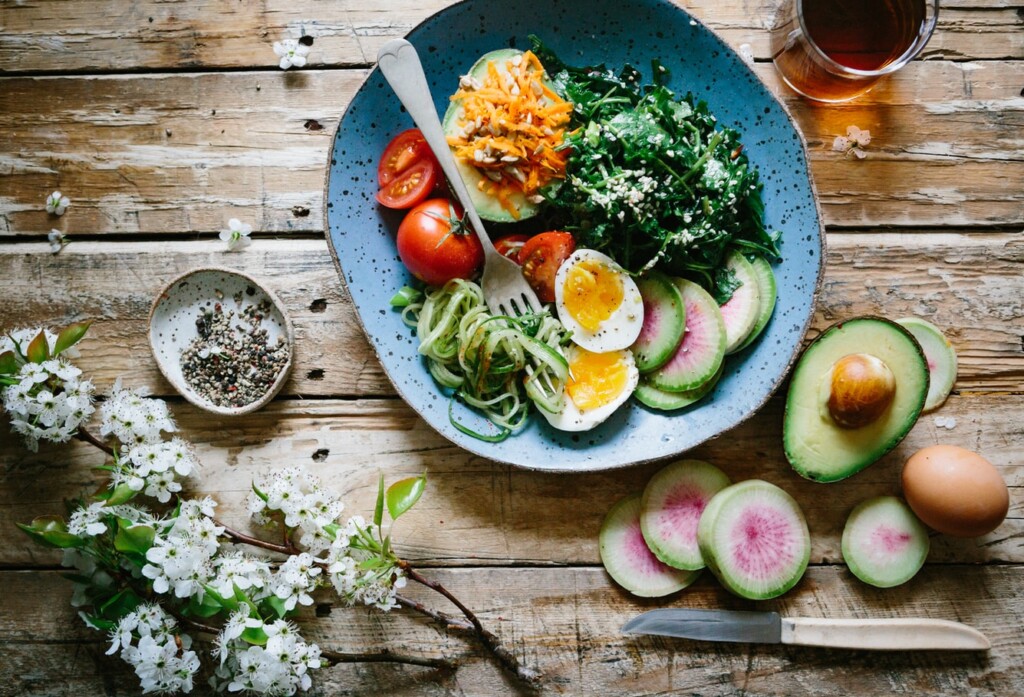Calisthenics workouts can help you cut excess weight and develop lean muscle mass. They can also initiate the development of more strength and improve your general health. However, it would be best if you integrated your workouts with the right diet to get the maximum benefits. Let’s face it; your training regime won’t be effective if you stick to hamburgers, soft drinks, fries, and other junk that are full of artificial ingredients. Instead, you should concentrate on foods and supplements which add to your weight loss and strength development. This article provides an ultimate guide on foods that can help you achieve your workout goals easily. Check them out.
Eat Fruits and Vegetables
Fruits and vegetables are known for their high concentration of minerals and vitamins such as potassium, folate, and vitamin C. They are also rich in fiber, which aids in digestion. When taken in the right quantities, fruits and vegetables can improve the body’s immune system. They can also help in cutting weight since they are low in fats and high in fiber. According to the World Health Organization, an adult should take at least 400 grams of fruits and vegetables for a healthy weight and reduce the risk of cancer, heart attack, and other serious health complications.
Take Carbohydrates
The body burns calories to produce energy for facilitating the activity. Thus, you will need carbohydrates to provide energy to replenish the energy lost during the bodyweight training and give you a drive for the remaining session. However, diabetic persons should concentrate on high-fiber carbohydrates such as whole-grain bread. Ideally, they should avoid synthetic sugars as they are more likely to elevate blood glucose levels. The quantity of your carb intake will depend on the resistance of your training. A balanced diet for calisthenics should contain at least 50% carbohydrates.
Eat Lots of Proteins
During the calisthenics workout, various muscles and tissues may become torn due to strains and stretches. Proteins come in handy to repair, replace, and grow those muscles. Besides the repair and replacement, proteins will also develop in other parts of the body, such as the bones, skin, and cartilage. Concentrate on natural proteins such as beef and fish. Ensure that your proteins have zero or low levels of saturated fats. Saturated fats such as those found in meat may block your blood tissues and interfere with your cardio health. Cut off the saturated fats and use vegetable oil instead. Examples of plant proteins with unsaturated fats include peanuts, almonds, and chickpeas. The animal proteins include oily fish, lean beef, eggs, dairy products, and so on.
Take Diet Supplements
If you want an easy way to get workout results without much commitment in the kitchen, then dietary supplements are the way out. It is, however, advisable to stick to natural dietary supplements such as whey protein and casein. Whey is a complete protein that is extracted from milk during the formation of cheese. It is quickly absorbed in the blood, helping you to gain the quickest muscle recovery possible. Casein is a high glutamine Amino acid, which is suitable for post-exercise recovery. Due to its low absorption feature, it is advisable to take casein before bed.




